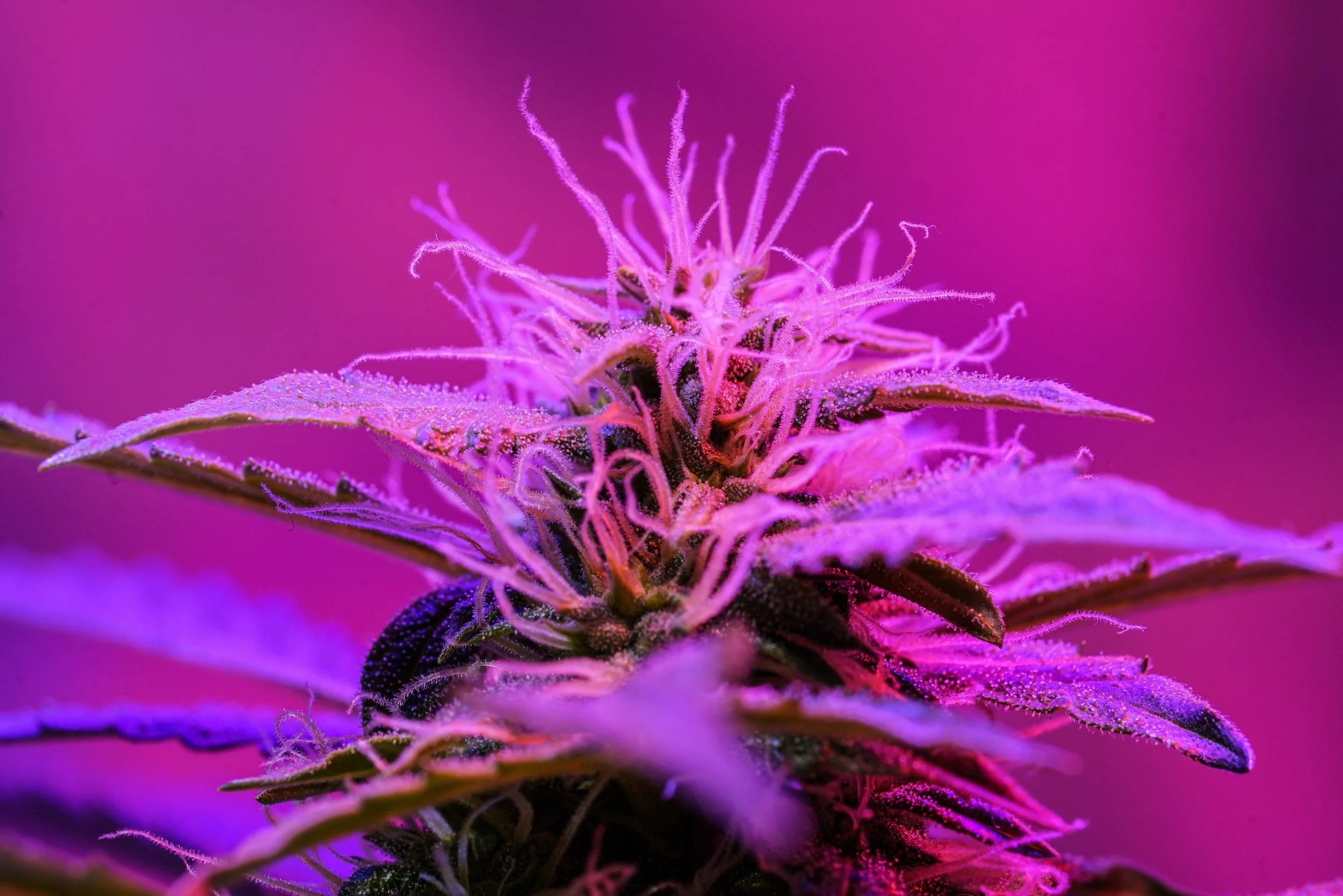Psychedelics at the End of Life
Approaching the end of life can be physically uncomfortable, but it is also very emotionally draining. We often think of the emotions of the loved ones who will be left behind, rather than those of the person dying. However, we should be considering this important component in quality of life, and there are not sufficient end of life resources to support those experiencing anxiety and depression as they approach death.
Psychedelics Treatment
The treatments that are available are often short-lived or come with their own unpleasant side effects. In recent years, there has been growing attention to the potential benefit of using psychedelics, such as psilocybin, in treating end of life emotional distress.
Studies of the medicinal effects of psychedelics began in the 50s and 60s, before recreational use of drugs like LSD and psilocybin became popular and then criminalized. Today’s studies are far more meticulous and science-driven than these original experiments.
Receiving psychedelics as treatment for anxiety and depression
Receiving psychedelics as treatment for anxiety and depression differs dramatically from using them recreationally, which is why recreational users may be surprised to hear about long-lasting, scientifically proven effects on anxiety and depression. Charles Grob, a psychiatrist and researcher at Harbor-U.C.L.A. Medical Center explains that “unlike the recreational user, we process the experience ahead of time.” Subjects are more likely to have a transformative experience because they are primed to have one.
Psychedelics Treatment Systems
Prior to a session, the patient will meet with those administering the treatment to get comfortable and build a rapport. During the session, which usually lasts around 6-7 hours, the patient will wear headphones and cover their eyes. Two guides are present, but talking is minimal, and the patient is invited to look within. They might think about past trauma, their inevitable death, or the grief of their loved ones. One patient described viewing her mind as several different rooms, which contained different perspectives and the grief of different people.
Despite the seemingly dark content of what patients reflect on during the session, a variety of studies have shown overwhelmingly positive responses in using psychedelics like psilocybin to treat end-of-life anxiety and depression. Effects are both immediate and sustained. In one study, about 80% of participants showed sustained benefits nearly seven months later. They also saw reductions in “demoralization” which is a common source of suffering at the end of life.
After the Psychedelics Treatment
After treatment, patients often speak about universal truths and feelings of connection. “We hear about the importance of forgiveness, people’s experiences of love, love and kindness towards others,” says Anthony Bossis, a clinical psychologist and clinical assistant professor of psychiatry at the New York University School of Medicine.
Dr. Bossis emphasizes that although this research is not spiritual, having some kind of “mystical” experience - characterized by elements of sacredness, transcendence, and feelings of unity - correlates with more robust benefits. Mystical experiences occur regardless of religious affiliation or lack thereof.
Psychedelics benefits at the end-of-life
Beyond evidence of benefit for those who are terminally ill, the administration of psychedelics can also shift perspectives on dying in the general population. Studies of participants who are not experiencing end of life distress have shown evidence of a more death-positive perspective, which could reduce death stigma in society at large.
Conclusion
There is no question that psychedelics are worth considering for anyone suffering from end-of-life depression, anxiety, distress, or dread of death. Speak with a professional to find out if this course of treatment is right for you or a loved one. Remember that using psychedelics recreationally will not provide the same effects as does guided and supervised treatment from a trained professional.
Sources
https://blogs.scientificamerican.com/observations/psychedelics-in-palliative-care/
https://www.nytimes.com/2012/04/22/magazine/how-psychedelic-drugs-can-help-patients-face-death.html
https://www.opendemocracy.net/en/transformation/trip-beyond-fear-psychedelics-and-end-life/
http://goodmedicine.org.uk/stressedtozest/2019/04/psychedelics-and-end-life-distress
https://cdn.ymaws.com/www.nehospice.org/resource/resmgr/END-OF-LIFE_CARE_AND_PSYCHED.pdf
https://melmagazine.com/en-us/story/death-doula-lsd-psychedelics-dying

